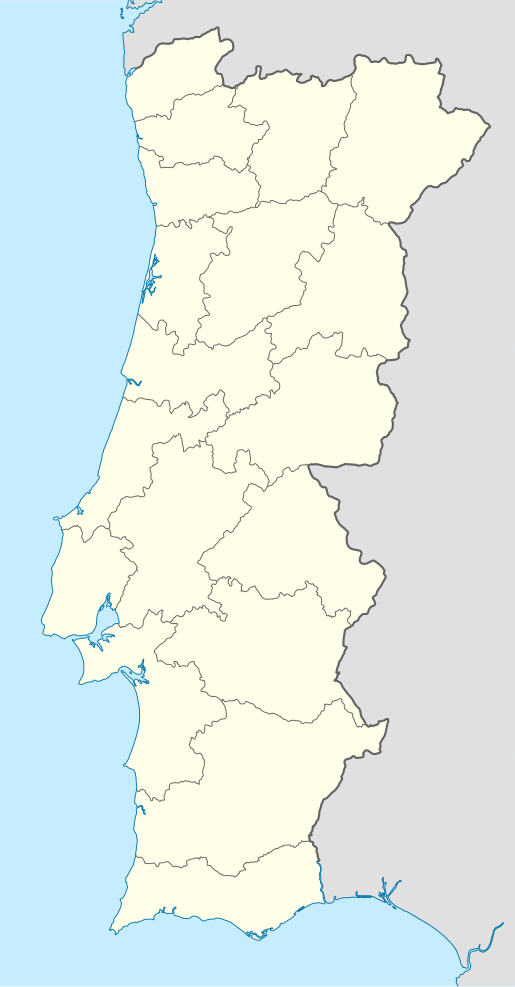Santos-o-Velho (Lisbon)
Santos-o-Velho (Portuguese pronunciation: [ˈsɐ̃tuʃ u ˈveʎu]) is a former freguesia (civil parish) of Lisbon, Portugal, with an area of 0.51 km2 and 4,013 inhabitants (2001). It has a population density of 7899.6 inhabitants/km2. At the administrative reorganization of Lisbon on 8 December 2012 it became part of the parish Estrela.[1]
Santos-o-Velho | |
|---|---|
 Santos-o-Velho Location in Portugal | |
| Coordinates: 38°42′25″N 9°09′22″W | |
| Country | |
| Region | Lisboa |
| Metropolitan area | Lisbon |
| District | Lisbon |
| Municipality | Lisbon |
| Disbanded | 2012 |
| Area | |
| • Total | 0.51 km2 (0.20 sq mi) |
| Population (2001) | |
| • Total | 4,013 |
| • Density | 7,900/km2 (20,000/sq mi) |
| Time zone | UTC±00:00 (WET) |
| • Summer (DST) | UTC+01:00 (WEST) |
| Website | jf-estrela.pt |
It is one of the best preserved historical parts of Lisbon, including Madragoa (former village in the outskirts of Central Lisbon), the Museum of Ancient Art, and many former convents and palaces (in which the current Embassy of France in included).
Well-known streets of this parish are Rua das Trinas, Rua do Guarda-Mor, Rua do Quelhas, Rua das Praças, and Avenida da Brasilia.
It is also known for its lively nightlife.
References
- Lei n.º 56/2012 (Reorganização administrativa de Lisboa). Diário da República, 1.ª Série, n.º 216. Accessed 25/11/2012.